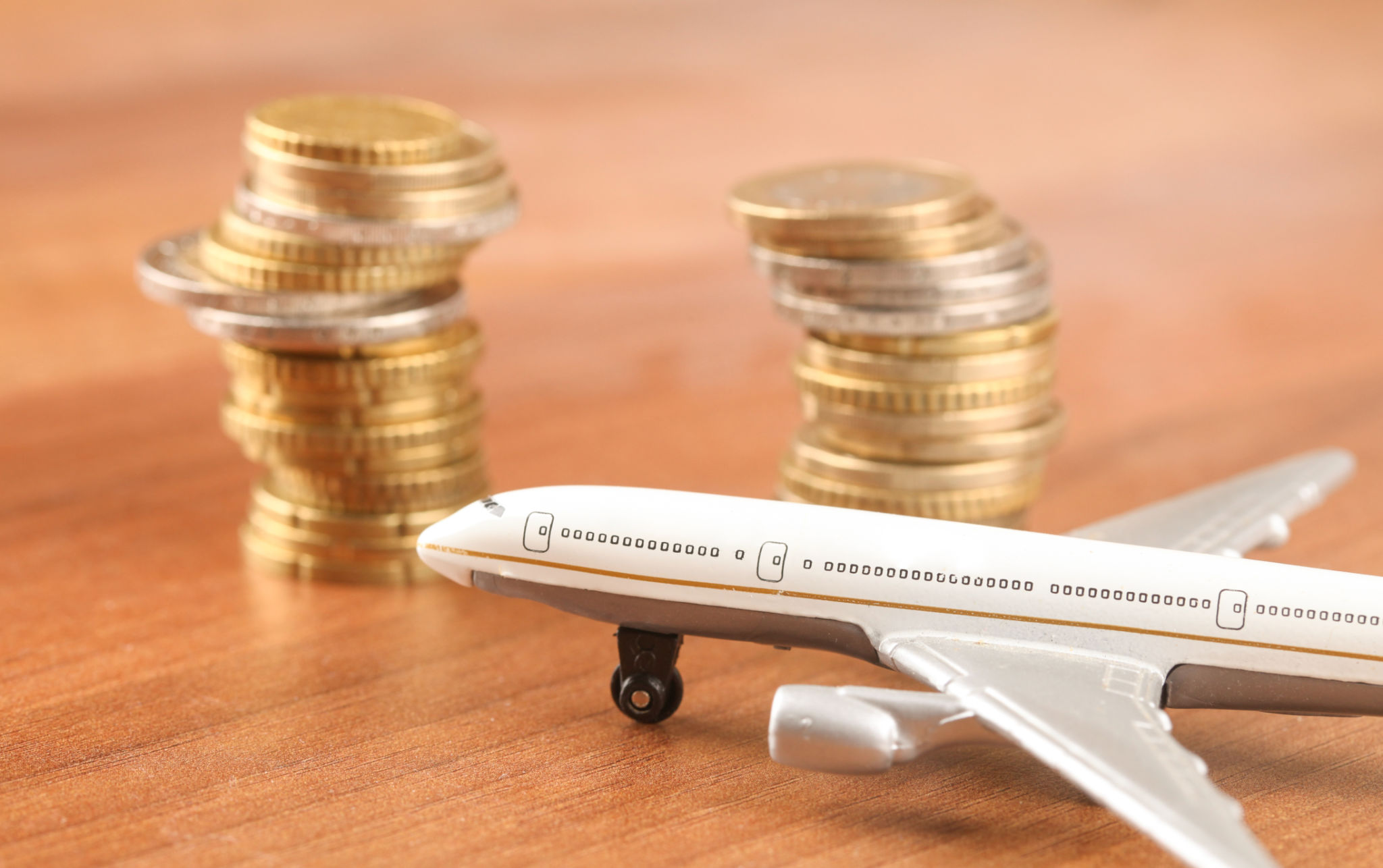Top Myths About Obtaining a Private Pilot License: Debunked!
Myth 1: Flying Is Only for the Wealthy
One of the most common myths about obtaining a private pilot license is that it's a luxury reserved for the wealthy. While it’s true that flying can be an expensive hobby, it’s not as unattainable as many think. Many flight schools offer flexible payment plans, and there are scholarships and grants available for aspiring pilots. Additionally, renting an aircraft can be more affordable than owning one, making flying accessible to more people than ever before.

Consider joining a flying club where multiple members share the costs of aircraft maintenance and other expenses. This can significantly reduce the financial burden while providing ample opportunities to fly regularly. So, if the cost is what's holding you back, explore these options to make your dream of becoming a pilot a reality.
Myth 2: You Need Perfect Vision to Fly
Another widespread myth is that you need perfect vision to obtain a private pilot license. In reality, the Federal Aviation Administration (FAA) requires that pilots have good vision, but not necessarily perfect vision. Corrective lenses are allowed as long as they help meet the vision requirements set by the FAA.

There are specific vision standards that must be met, but these standards are attainable for most people who wear glasses or contact lenses. If you have concerns about your vision, consult with an Aviation Medical Examiner (AME) who can guide you on your eligibility and any corrective measures needed.
Myth 3: Flying Is Too Dangerous
Many people believe that flying a small aircraft is inherently dangerous. However, flying a private plane is statistically safer than driving a car when proper training and safety protocols are followed. The key to safety in aviation lies in comprehensive training and adherence to established procedures.

Aviation safety has advanced significantly over the years, with modern aircraft equipped with state-of-the-art technology and systems designed to ensure safe flights. Pilot training emphasizes risk management and decision-making skills, preparing you for various scenarios. By staying current with training and practice, you can enjoy a safe flying experience.
Myth 4: It's Too Time-Consuming
While obtaining a private pilot license does require a commitment of time, it doesn't have to consume your entire life. The FAA mandates a minimum of 40 flight hours for a private pilot license, though most students average between 50 to 70 hours. This time can be spread out over several months or even years, allowing you to train at your own pace.
Flexible scheduling options are available at most flight schools, accommodating those with busy work or family commitments. Weekend and evening classes are often offered, making it easier to fit flight training into your schedule without sacrificing other responsibilities.
Myth 5: Only Young People Can Learn to Fly
A common misconception is that learning to fly is only for young people. In reality, there is no upper age limit for obtaining a private pilot license. Many individuals take up flying later in life as a fulfilling hobby or even as a second career.

The skills required to fly an aircraft can be learned at any age as long as you are in good health and meet the medical requirements. Whether you're in your 30s, 40s, or beyond, it’s never too late to pursue your passion for aviation.
Myth 6: You Need Prior Experience or Background in Aviation
Some believe that having a background in aviation or technical fields is necessary before pursuing a pilot license, but this is not the case. Flight training programs are designed to teach you everything you need to know from scratch, regardless of your prior experience.
Flight instructors are trained professionals who specialize in teaching individuals with no prior aviation knowledge. They will guide you through every step of the process, ensuring you gain the skills and confidence needed to become a competent pilot. All it takes is dedication and enthusiasm to learn.
